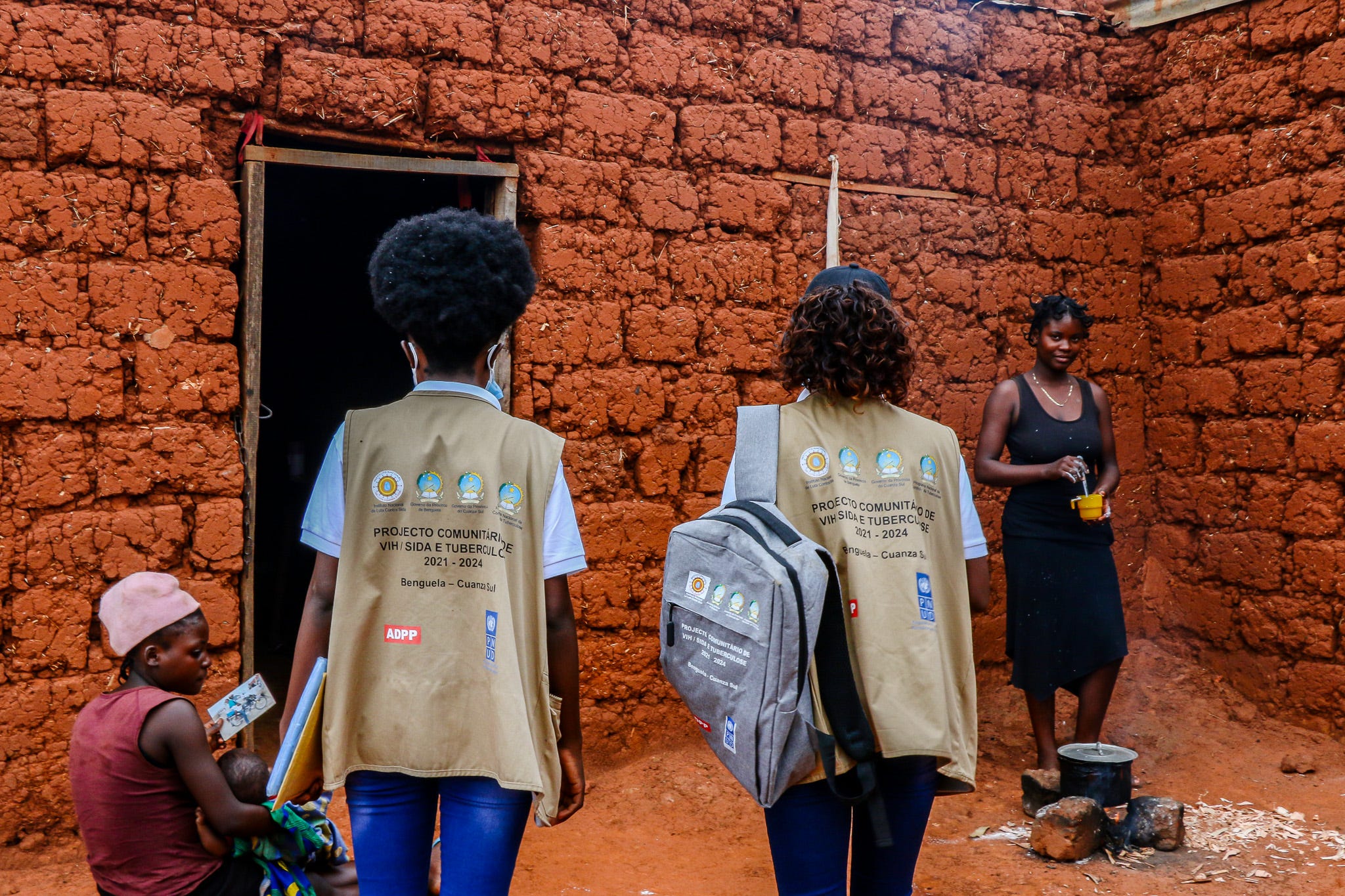How community-based care drives Angola’s progress against TB

Tuberculosis (TB) is the world’s second deadliest infectious disease. Yet TB services remain out of reach for many people. Limited health education, inadequate health services and healthcare costs leave many patients undiagnosed and without treatment. Treatment can take several months, increasing the risk of death, spreading TB or drug resistance if not completed.
Angola ranks among countries with the most TB cases per year. TB remains the third leading cause of death among people aged 15–49. Health service coverage is low, especially among lower income people in rural areas, with 60% of TB services located in Luanda, the capital. In 2020, GeneXpert machines used to detect TB were diverted for COVID-19 testing, which met urgent needs during the pandemic but may have contributed to limiting TB case reporting.
But Angola is seeing progress. In 2022, the Government of Angola, UNDP and Global Fund partnership to fight TB reached 95% of its target for case reporting, a significant indication that patients are being found. Among those cases, 80% were cured of TB.
Progress meant supporting patients like Cristina João Pedro, who had limited awareness of TB and felt stigmatized for her diagnosis. Through Development Aid from People to People (ADPP), a local non-governmental organization, UNDP supports community-based TB services in Kwanza Sul, where Cristina lives, and Benguela, a neighbouring province.
Get the full story.
